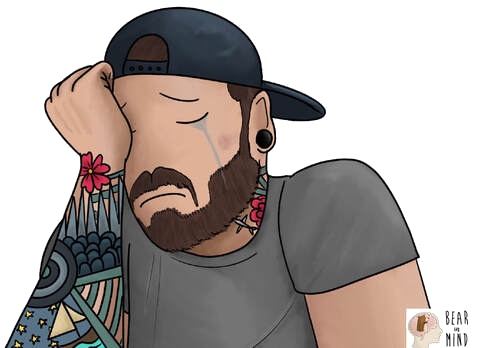What Is Depression?
The term ‘depression’ is a label that’s used to describe a common set of symptoms, such as persistent and distressing periods of low mood.
It’s estimated to affect one in four people at some point in their lives and is described as a common mental health problem. Symptoms are usually categorised into mild, moderate and severe. It’s something that can affect all of us.
Feelings of sadness and low mood are often linked to loss. This could be:
- The loss of a job
- An important relationship
- A sense of security
- The fear of further loss
- A loss of a part or parts of themselves: motivation, drive, interest, energy or hope

Sometimes, people can experience a combination of losses in a short time. For others, losses could have a longer history built up over many years. In this sense, depression is not an illness. It’s a predictable and understandable reaction to adverse experiences.
People usually lose interest in things they used to enjoy. They often withdraw and isolate themselves from relationships or their normal activities and routines.
Disturbances in sleep appetite, interest, and motivation also happen.
Signs of Depression in Men
Men’s Depression Symptoms Include:
- Loss of interest in friends and activities which used to be enjoyable
- Easily irritated, short-tempered, agitated, or restless
- Increased alcohol consumption, taking life-threatening risks, or self-medicating
- Sleep disturbances
- An overly active or inactive mind
- Loss of appetite or overeating
- Difficulty concentrating
- Loss of productivity
- Negative thoughts and rumination
- Losing touch with normal activities and routine
- Lack of interest in sex
Some of these signs of struggling are gender-specific, with feelings of anger, irritability, stress and excessive drinking being much more common in men.
It can also manifest in self-destructive behaviours, drug use, and other addictions.
People who are low in mood will inevitably spend time thinking about the things they have lost, and the loss of the person they used to be. Psychologists would call this pattern of thinking rumination which is activated by feelings of sadness.
Unfortunately, ruminating contributes to low mood, keeping people stuck in a cycle of depression.
Causes of Depression in Men
One of the biggest causes of depression in men is loss of the self.
Losses can come in many forms such as the loss of a job, an important relationship, a sense of security, a home, or retirement. It’s normal to feel sadness because of this. Depression, however, is more closely linked to a perceived loss of a person’s normal sense of themselves, their motivation, attention, interest, desire, purpose, drive and hope.
Other Causes of Depression:
Men’s Mental Health Statistics
Mental Health Statistics
Each year, 1 in 4 people will experience a mental health problem
In the UK, 6% of fathers and 10% of mothers have mental health problems
Depression
On average, 1 in 6 people (1 in 8 men and 1 in 5 women) will experience depression at some stage of their lives. Depression can affect anyone. It’s not in your genes but rather a product of experience
According to a 2009 survey, 9.7% of people in Britain meet the criteria for diagnosis of mixed anxiety and depression
About 50% of the people with a mental health condition, have Mixed Anxiety Depression Disorder, which means they have many symptoms of both depression and anxiety, but don’t quite qualify for full-blown anxiety or depression. For about 25% of people with this condition, it lasts longer than a year, and about 10% of them will go on to develop full-blown depression or anxiety
Men are less likely than women to seek treatment for their condition. Only 1 in 4 men who experience anxiety or depression get treatment for it
Men are less likely to be diagnosed with depression by their GP
Major Depression Statistics
The APMS (2007) estimates that between 4% and 10% of people in England are likely to experience major depression in their lifetime
Almost half of all men who’ve been very depressed didn’t talk to anybody about it compared to one-third of women
Approximately 58% of patients with major depression also have an anxiety disorder
Suicide Statistics
Suicide is the biggest killer of men under 35
Men make up 76% of all suicides
Here are the official UK government statistics for suicide in 2016
1 in 4 British men have thought of taking their own lives
41% of men who consider suicide have never spoken to anyone about their feelings, including medical professionals, family or friends
Contrary to belief depression does not cause suicide. There is only a slightly increased risk and most people with depression do not end their lives
Other Information
1 in 8 men have no close friends
Men report significantly lower life satisfaction than women
Help for Men with Depression
Depression is treatable.
The National Institute of Clinical Excellence (NICE) recommends psychological therapy as the first line of intervention. Medication may be useful for more severe cases but should be used alongside psychological therapy. Cognitive Behavioural Therapy (CBT) has a good evidence base but other forms of therapy are also effective.
Self-help and self-learning are important and effective in resolving depression for mild to moderate cases. You can find a list of self-help books in our resources section.
Consider reaching out to one of your friends and family members. If you are struggling with low mood contact your local NHS Talking TherapyNHS IAPT service where you can access psychological therapies. You can self-refer into these services or speak with your GP.
Want to know how to access psychological therapy in the UK? We put together guidance on this for Movember which you can find here.
Helplines including CALM and the Samaritans can be helpful if you need someone to speak to.
If you are experiencing suicidal thoughts, intentions, or plans to act. it’s important to let someone know. Consider contacting your local NHS Crisis Resolution Home Treatment Team. If you are in immediate danger, get to a place of safety. A+E is also a pathway into NHS crisis services when required. You can also look at our section on what to do if you are feeling suicidal.
